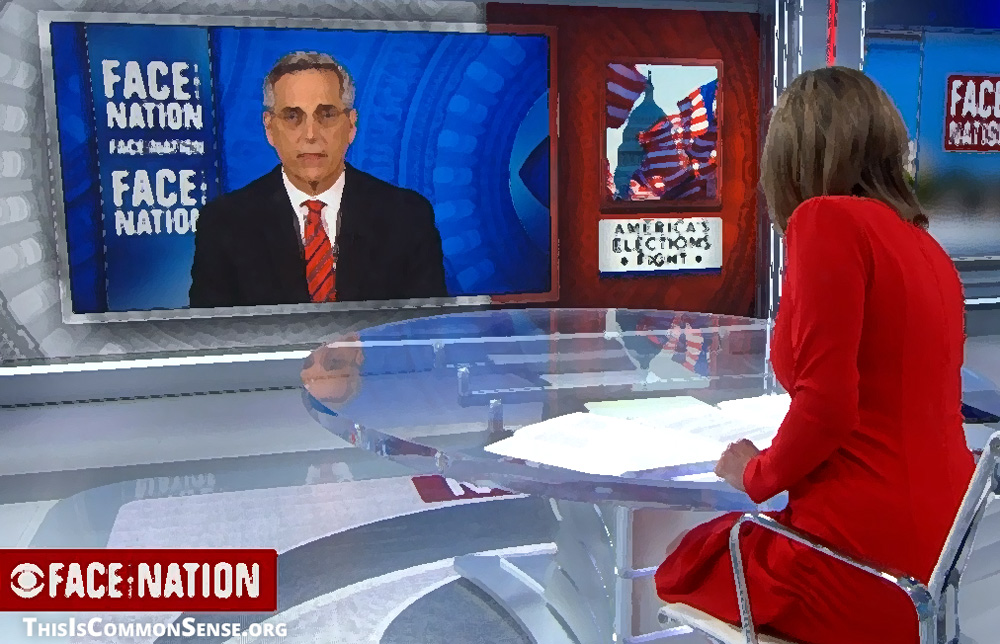The ballot title of Colorado’s Initiative 55 should refer to an amendment “to prevent you from using statewide initiatives to reduce property taxes.”
Instead, it talks about an amendment requiring any citizen-initiated measure “that affects the property tax revenue of a local government by modifying the property tax assessment rate or mill levy rate to be decided only in a local election.”
The politicians hope that this somniferous wording will hide the true nature of the measure.
“Don’t be bamboozled by Initiative 55’s sly wording,” warns Natalie Menton, an anti-tax, pro-petition-rights activist.
Proponents of Initiative No. 55 say they want citizen-initiated changes in property taxes to be decided “only in a local election” without making clear that “under the current law, this is not possible for more than 90% of local situations.”
Menton gives examples of initiatives that would become impossible if Initiative 55 eludes voter skepticism.
One is any statewide measure to provide relief for owners of agricultural land, which “has a far higher tax assessment rate (300%-plus) than single-family homes.” If 55 reaches ballot and passes, it would become unconstitutional for citizens to place a question on the statewide ballot to reduce this burden.
What we see here is an ancient strategy of politicians. In seeking to expand their power, they pretend that increased power isn’t the agenda at all!
They engage in cover-up.
Don’t let it succeed here, Coloradoans. Don’t sign a petition to put 55 on the November ballot. If it gets there, vote No.
This is Common Sense. I’m Paul Jacob.
—
See all recent commentary
(simplified and organized)





